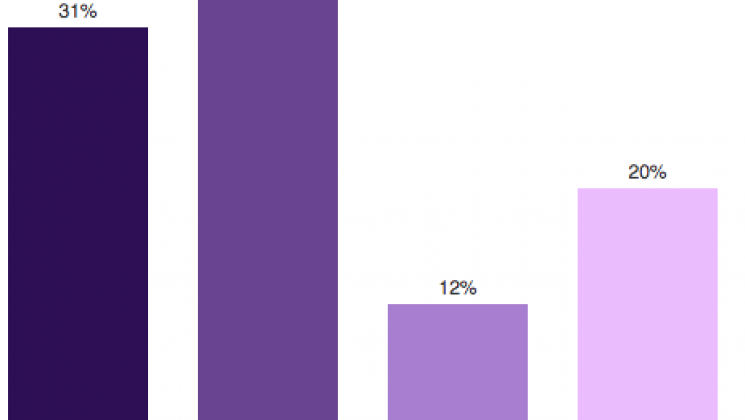It’s world mental health day this Tuesday (10 October) so to mark the occasion we’re looking at some data that shows what’s happening to mental health patients, through the eyes of mental health workers (we are a union, after all).
In September, UNISON sent out a survey to people who work in mental health, and over a thousand people filled it in.
One of the most telling things mental health staff said was that they felt there was an unsafe ratio of staff to service users.
They also said that service users were increasingly reaching crisis point before they could access services; almost 7 in ten respondents thought that was the case.
The survey found that the under-funding of mental health services is having a big impact on how well mental health staff feel they are able to do their jobs.
Many mental health staff have had to do unpaid overtime, of the ones that have, 6 out of 10 people said an increased workload is one of the causes, and 5 out of 10 said shortage of staff was a reason.
When asked directly if the funding crisis impacted on the care they were able to provide, six out of 10 said yes.
Our research found that patients are not the only ones being affected by the shortage of funds for mental health, it is also having an impact on the staff.
Four out of 10 mental health staff have been victims of violence or aggression in the last year.
The BBC’s 5 live also looked into violence against mental health staff, and found that the number of reported violent incidences has gone up by more than a quarter since 2012/13.
That’s why UNISON is campaigning for fair funding for mental health. Staff must be able to deliver quality services to people who need it, and carry out their jobs in an environment that looks after their own mental and physical health too.
Find out about our mental health campaign, Mental Health Matters


